About us
Early intervention is essential for children diagnosed with both Down Syndrome (DS) and Autism Spectrum Disorder (ASD); a condition known as DS-ASD. However, the complex challenges involved in distinguishing ASD in the presence of DS often lead to significant diagnosis delays. This study aims to identify the factors contributing to diagnosis delays within the Canadian healthcare system and seeks to explore physicians’ current practices regarding DS-ASD and understand the challenges faced by caregivers. As a mother of a child with DS, my advocacy for equitable healthcare is driven by personal experience and commitment to research in the field.

Background
Autism Spectrum Disorder (ASD) and Down Syndrome (DS) are independently well-documented, each with distinct developmental trajectories. However, the cooccurrence of ASD in individuals with DS, known as DS-ASD, remains under-researched and poorly understood. Recent findings indicating a higher prevalence of ASD among children with DS challenge prior views that these two conditions are mutually exclusive and emphasize the need for more focused research in this area.
A significant concern is the delay in diagnosing ASD in children with DS compared to their neurotypical peers. Neurotypical children are diagnosed with ASD around the age of three. However, children with DS tend to be suspected of having ASD between the ages of 4-5 and are often not diagnosed until around the age of 10. This delay can result in critical missed opportunities for early interventions, which are most effective at an early age. The delay in diagnosing ASD is multifaceted, involving factors such as overlapping symptoms leading to diagnostic overshadowing, where behaviors typical of ASD are mistakenly attributed to DS; a lack of specialized training among healthcare professionals about DS-ASD cooccurrence; and a lack of ASD screening tools that accommodate the unique presentation of children with DS, often leading to underdiagnosis or misdiagnosis.
Without a timely diagnosis of ASD, children with DS are at risk of exacerbated behavioral problems and increased difficulties in communication and social interactions, impeding their educational and personal development. Addressing these challenges requires increased awareness, early and accurate screening, and tailored interventions to ensure that children receive the support they need on time.
This study adopts a comprehensive approach by integrating insights from both caregivers and healthcare professionals, offering a more complete understanding of the challenges and dynamics within the Canadian healthcare context. The objectives are threefold: 1) Identify the obstacles healthcare practitioners encounter in diagnosing ASD in children with DS; 2) Assess their awareness of DS-ASD cooccurrence; and 3) Examine the experiences of caregivers navigating the diagnostic and care pathways for children with cooccurring DS-ASD.
Team members
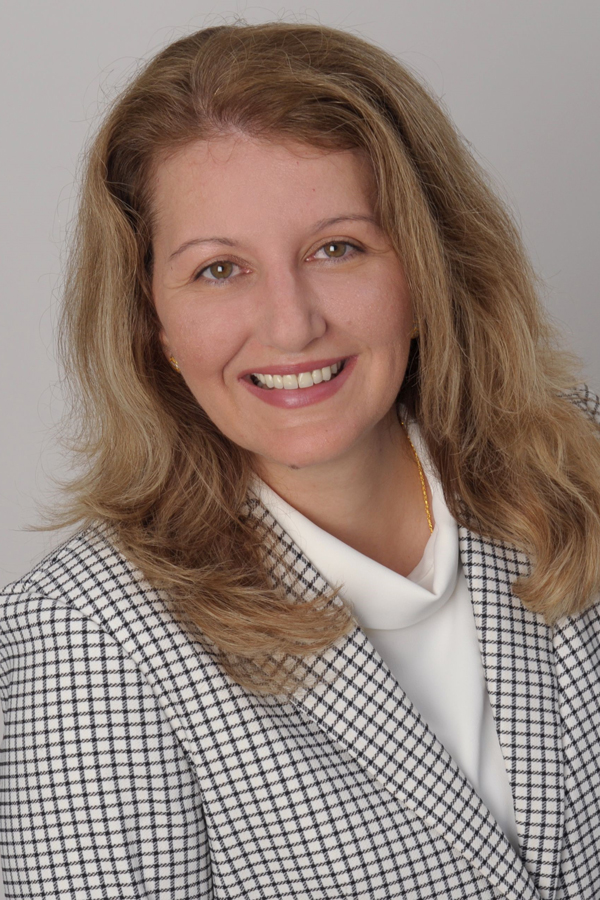
Julija Atanasova
A research professional currently working on a longitudinal celiac disease research study at The Hospital for Sick Children. Over 15 years, my career has taken me across three continents, from engaging in direct medical practice to developing healthcare projects in Sub-Saharan Africa, reflecting a diverse and impactful portfolio in global health. Notable initiatives include establishing a tele-obstetrics program in rural Tanzania and improving maternal and child health in Ethiopia.
Project Advisory Committee
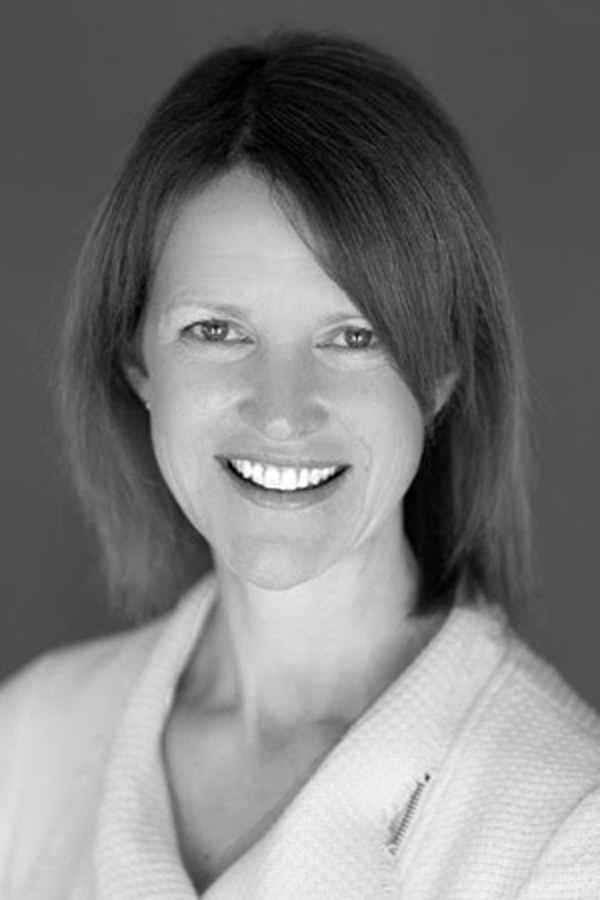
Dr. Jennifer Crowson
Jennifer has a PhD and Masters of Social Work. She has worked at the Hamilton Catholic Children’s Aid Society as a front line work and supervisor. She spent ten years in Scotland where she worked with the Scottish Government, and various NGOs (including the Scottish Alliance for Children’s Rights, Children in Scotland and Save the Children). She is currently sessional lecturer in the School of Social Work at McMaster University and is a clinical agent for the Office of the Children’s Lawyer, and a research and training consultant. She is also the current president of Canadian Down Syndrome Society.
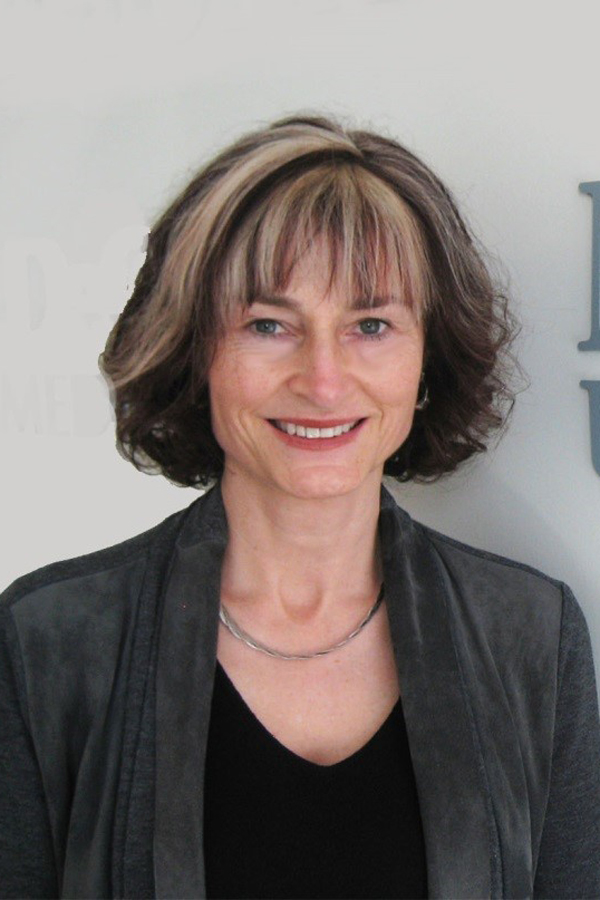
Dr. Kerry Boyd
Kerry Boyd, is a child & adolescent psychiatrist with over 20 years of experience working with teams serving people with intellectual and developmental disabilities (IDD). She works in the Hamilton-Niagara region (McMaster Children's Hospital, Niagara Health, Bethesda Children’s Services). She is committed to improving the care of persons living with developmental disabilities through education. She is an Associate Clinical Professor for the Department of Psychiatry & Behavioural Neurosciences at McMaster University. As an AMS Phoenix Project Fellow, Dr Boyd rallied a network of partners to develop the Curriculum of Caring for People with Developmental Disabilities to create web-based resources found at CommunicateCARE.machealth.ca. Dr Boyd’s research activities are focused on IDD/ASD healthcare experience, education, and program evaluation.

Dr. Rudaina Banihani
Rudaina Banihani, was one of the physicians who did the needs assessment and started the Down Syndrome Clinic at the Hospital for Sick Kids in 2014. Dr. Banihani is a developmental pediatrician currently working at Sunnybrook Hospital. She is an active member of the United States Down Syndrome Medical Interest Group (DSMIG). She is one of the leads in the Down Syndrome – Autism spectrum disorder (DS-ASD) subgroup in (DSMIG), which is working on creating awareness and guidance regarding ASD presentation in the DS population. Dr. Banihani’s work focuses on Autism presentation in special populations like former preterm children and children with Down syndrome and other genetic disorders

Dr. Olaf Kraus de Camargo
Olaf Kraus de Camargo is a developmental pediatrician with over 20 years of experience in clinical practice and research. He provides clinical care for children with neurodevelopmental disabilities and their families at the Ron Joyce Children’s Health Centre, which is part of the McMaster Children’s Hospital in Hamilton, Ontario. He is an associate professor in the department of Pediatrics at McMaster University, the co-director of the CanChild Centre for Childhood Disability Research at McMaster University and a member of the McMaster Autism Research Team (MacART). Since 2001, Olaf Kraus de Camargo has been involved with the implementation of the WHO - International Classification of Functioning, Disability and Health (ICF) in clinical practice, teaching and research.
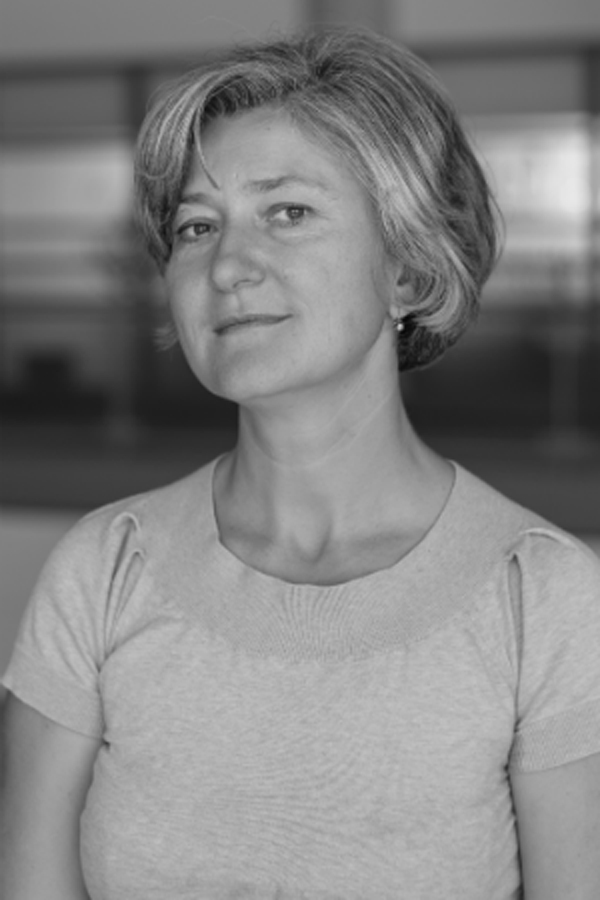
Oksana Hlyva
Oksana Hlyva is a parent researcher whose interest in and commitment to ethics of research as a representation praxis go back to her graduate training in Education and Humanities. For more than a decade, she has worked on various research studies as a research coordinator, program evaluator, and primarily qualitative researcher at CanChild Centre for Childhood Disability Research at McMaster University. The studies that may be relevant to this project included individuals with ASD (The Autism Classification System of Functioning: Social Communication for children/youth with ASD; and currently Job Train Program for high school students with ASD), with the relevant themes highlighting the importance of family-centered care, patient-oriented outcomes, and family engagement. Her passion and commitment to ethical and inclusive research have a strong lived experience dimension that stems from her primary role as a mother of a tenacious and capable 12 year-old girl with Down syndrome. Like many parents, Oksana continuously seeks the best understanding of her daughter’s strengths and needs, advocates for best supports, and hopes that research can play a helpful role.
TRP Supervisors
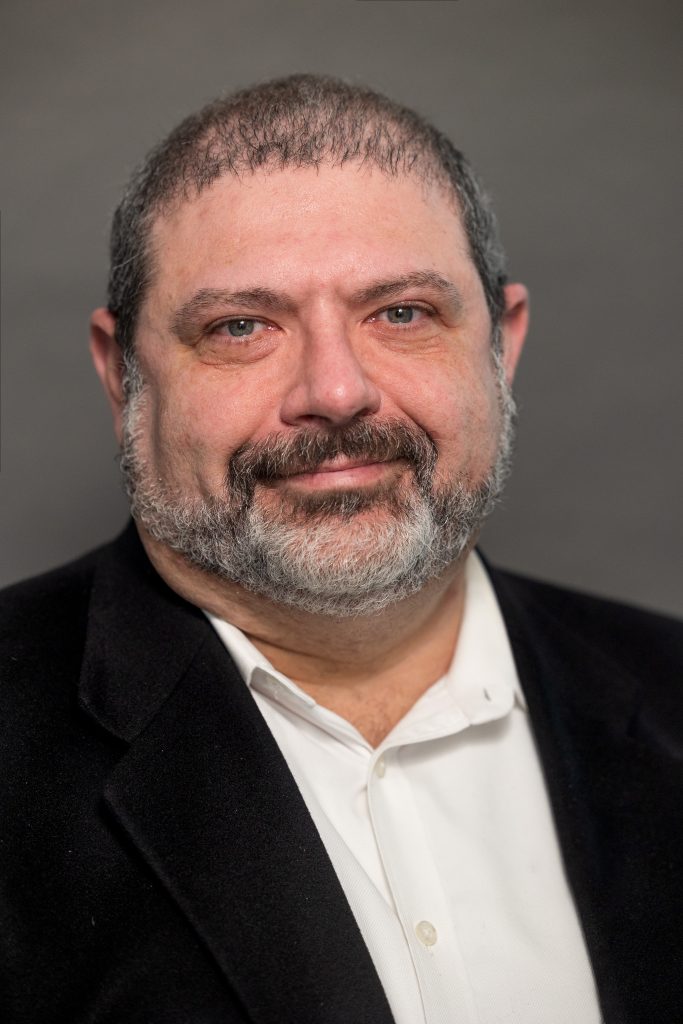
Dr. Joseph Ferenbok
Driven to improve patient care, Prof. Ferenbok catapults projects forward with passion, wisdom, and a contagious chuckle. He is an Associate Director of the Health Innovation Hub, a Faculty of Medicine initiative intended to connect, align, serve, and facilitate the translation, innovation, and commercialization of 'Health Matters'.
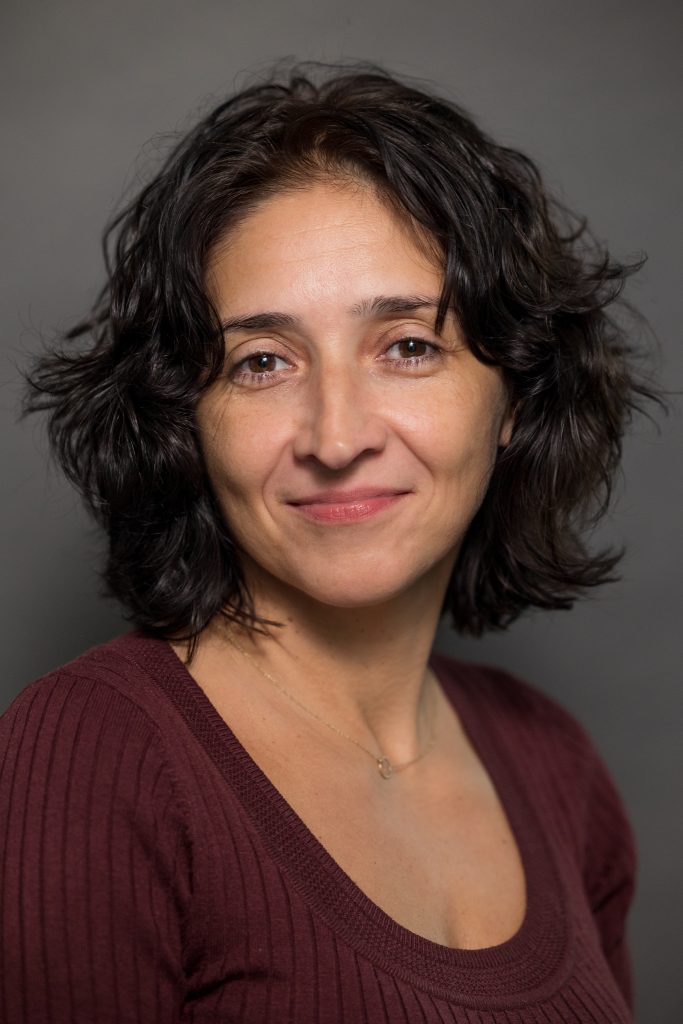
Dr. Edyta Marcon
Edyta loves to encounter new questions, apply new knowledge, and meet new people. As a Senior Research Associate at the U of T Donnelly Centre, she currently studies how RNA modifications regulate gene expression and how they relate to human health and disease. Her interests extend beyond the laboratory into the application of scientific research using human centric design thinking.




